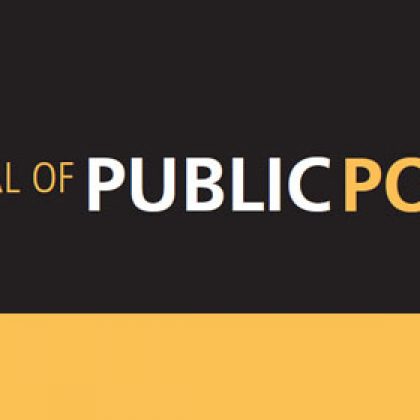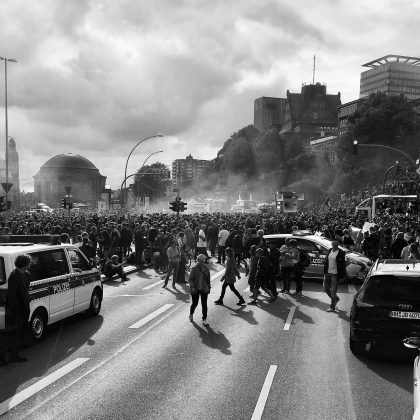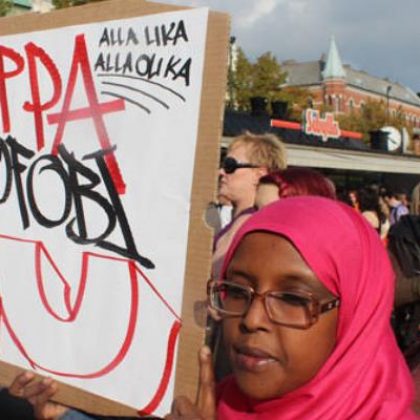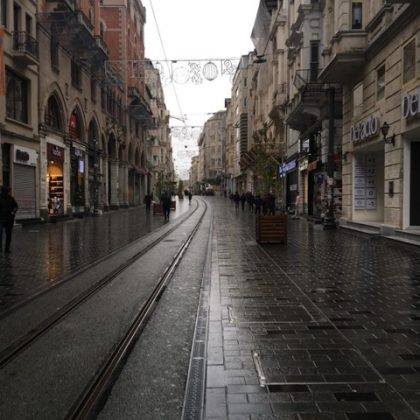Bureaucratic Entrepreneurship: When “good/bad cops” are strategies for policy innovation, not personalities
Since its inception, public administration has been rich with stories of frontline officials, often portraying the complex interplay between the perceived “good cops” and “bad cops.”…

































